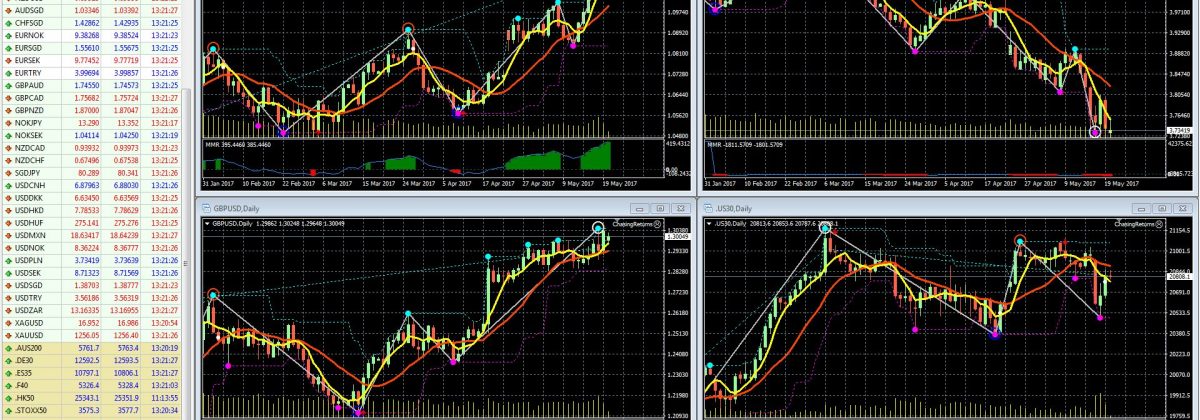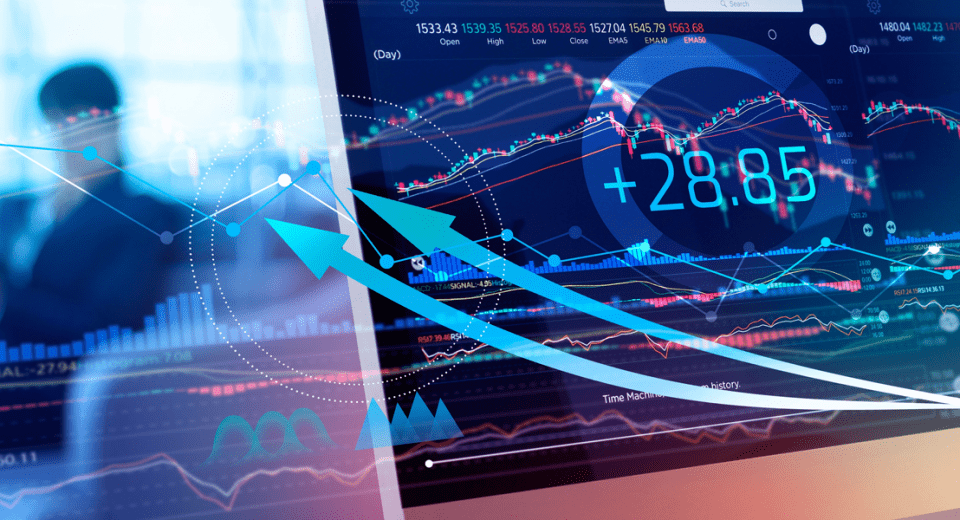In this era of electronic trading, opening a trade account with a forex broker who provides a simple, yet efficient, trading platform is a must for all traders. While hundreds of brokers operate in the market and offer varied trading platforms, it is best to choose one that is simple to understand, suits your trading style and offers trading in products that you wish to invest in. Beginners in the world of online trading should consider first creating a demo account to learn the intricacies of the market and understand the workings of the platform before going live.
Trading Accounts and Their Features
Before a trader actually opens a live trading account and deposits money, it is prudent to open a demo account, which allows review and testing of the features of a trading platform. The demo account is funded with simulated money and allows investors to conduct fictitious trades under real trading conditions to familiarise themselves with the working and various features of the platform.
Traders can choose to open a real account on the trading platform, depending on their experience with the demo account. Apart from allowing traders to experiment with an array of financial products, such as options, futures, forex and other derivatives, a demo account also offers them an opportunity to test different trading strategies. Theoretically a demo and real account are the same, but the actual performance may differ due to several reasons.
- Difficulty in Simulating the Real Scenario: Although a demo account aims to simulate the real experience, it cannot do so completely because it is actually very difficult to simulate the demand or supply situation. Another reason why the performance of a demo account may differ from that of a real account is the psychological reaction of traders to a specific situation. When trading in a real account, traders may not have the same decision process, the same capital or the same reactions to a situation. Also, the mental state of a trader will differ, based on whether at the time of trading, they follow a specified trading strategy or not.
- Lack of Real Money Commitment: One reason why the results of trading on the two types of accounts may differ is the lack of a real money commitment in the case of demo accounts. It is human nature that when one’s own funds are at risk, one tends to be more cautious and behave in a different manner. So, the primary difference between trading via demo and real accounts arises out of execution-related or trader-related issues.
- Different Liquidity Levels: The available market liquidity depends on the current market conditions. A market moving event or announcement can have a significant impact on the markets, which is often difficult to estimate in a demo account. These market condition changes also affect the latency time, slippage and spread.
- Spreads: Demo accounts generally have static spreads, but in case of real accounts, the spreads might widen in periods of limited liquidity or during very volatile events.
- Stop Loss Order Execution: This is perfect in a demo trading environment, but in case of a real trading environment, the stop loss orders may get executed at a higher level, enhancing the risk involved.
Despite the differences in performance of demo and real trading accounts, the former is very useful for beginners, since they allow traders to get accustomed to the way the markets work. Demo accounts are also useful in testing the trading conditions provided by a broker. The difference between the performances of demo and real accounts can be resolved by starting to trade live with a small amount and keeping one’s emotions in check.
Disclaimer
If you liked this educational article please consult our Risk Disclosure Notice before starting to trade. Trading leveraged products involves a high level of risk. You may lose more than your invested capital.





